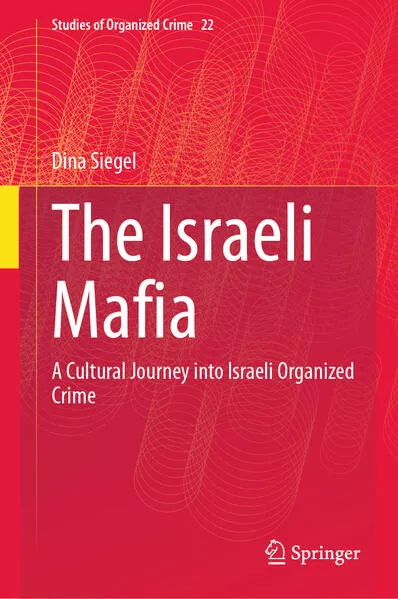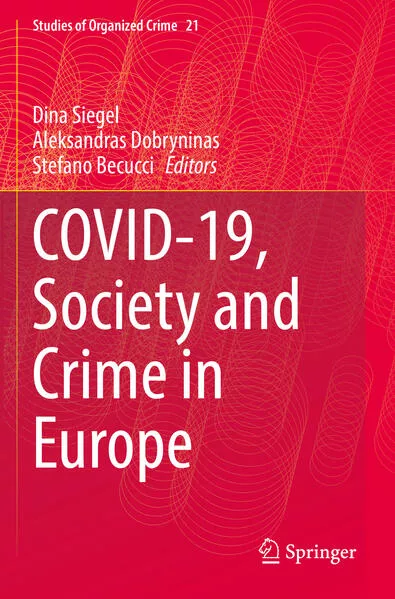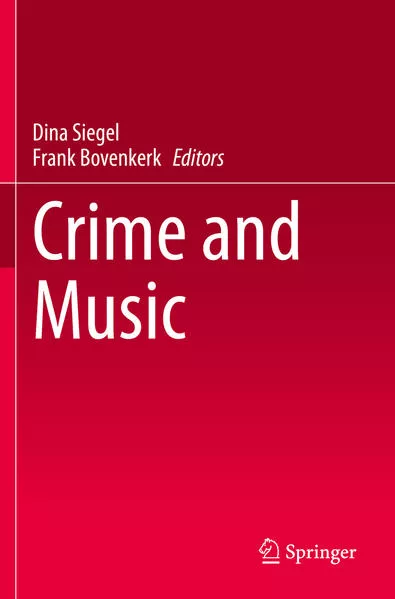
- Publikationen ca: 6
- Fragen & Antworten
Dina Siegel
Dina Siegel is an Assistant Professor at the Department of Criminology and Criminal Law, Vrije Universiteit Amsterdam. She studied sociology and social anthropology at Tel Aviv University in Israel and obtained her PhD in cultural anthropology at the Vrije Universiteit of Amsterdam, the Netherlands. She has studied and published several articles on post-Soviet organized crime, terrorism, human trafficking, criminal activities in diamond sector, and on drug policies in the Netherlands. In 2003 she edited (together with Van de Bunt and Zaitch) Global Organized Crime. Trends and Developments (Kluwer Academic Publishers, 2004). She conducted ethnographic research on Russian-speaking criminals in the Netherlands, Russian biznes in the Netherlands (2005, Meulenhoff).
Hans Nelen is a criminologist and has a law degree. Between 1986 and the beginning of 2001 he was employed as a senior researcher and research supervisor at the Research and Documentation Centre of the Ministry of Justice in the Netherlands (WODC), mainly investigating drug crime, fraud and corporate crim. Between 2001 and 2006 he was a senior lecturer and senior researcher at the Institute of Criminology of the Vrije Universiteit Amsterdam. Since January 1 2007 Nelen has been working as a Professor of Criminology at Maastricht University (UM). During the last decade Nelen published several books and articles on a variety of criminological subjects, i.e. corruption and fraud, dilemmas facing lawyers and notaries, the administrative approach to organized crime, the proceeds-of-crime approach, evaluation of legislation, and evaluation of law enforcement activities.
The Israeli Mafia
This book delves into a previously unexplored realm within criminological scholarship: Israeli organized crime. Breaking the silence that has shrouded this topic, this book undertakes a comprehensive examination of the intricate socio-economic and cultural landscapes that have shaped the criminal operations of a diverse array of Jewish and non-Jewish criminal entities, spanning from the inception of the Israeli state to the present day in 2024.
The Israeli Mafia
This book delves into a previously unexplored realm within criminological scholarship: Israeli organized crime. Breaking the silence that has shrouded this topic, this book undertakes a comprehensive examination of the intricate socio-economic and cultural landscapes that have shaped the criminal operations of a diverse array of Jewish and non-Jewish criminal entities, spanning from the inception of the Israeli state to the present day in 2024.
Covid-19, Society and Crime in Europe
This volume analyzes the development of the reactions to Covid-19 by governments, the public and the crime patterns in 16 European countries. All countries are members of the European Union and share common European norms and values, but the Covid-19 pandemic can serve as an example of how these norms and values are interpreted differently with regard to people’s trust in public institutions, governmental control strategies, dealing with fear, anxiety and other emotional responses to the new virus, crime patterns and law enforcement priorities to prevent and combat them.
Covid-19, Society and Crime in Europe
This volume analyzes the development of the reactions to Covid-19 by governments, the public and the crime patterns in 16 European countries. All countries are members of the European Union and share common European norms and values, but the Covid-19 pandemic can serve as an example of how these norms and values are interpreted differently with regard to people’s trust in public institutions, governmental control strategies, dealing with fear, anxiety and other emotional responses to the new virus, crime patterns and law enforcement priorities to prevent and combat them.
Covid-19, Society and Crime in Europe
This volume analyzes the development of the reactions to Covid-19 by governments, the public and the crime patterns in 16 European countries. All countries are members of the European Union and share common European norms and values, but the Covid-19 pandemic can serve as an example of how these norms and values are interpreted differently with regard to people’s trust in public institutions, governmental control strategies, dealing with fear, anxiety and other emotional responses to the new virus, crime patterns and law enforcement priorities to prevent and combat them.
Crime and Music
This unique volume explores the relationship between music and crime in its various forms and expressions, bringing together two areas rarely discussed in the same contexts and combining them through the tools offered by cultural criminology. Contributors discuss a range of topics, from how songs and artists draw on criminality as inspiration to how musical expression fulfills unexpected functions such as building deviant subcultures, encouraging social movements, or carrying messages of protest.





